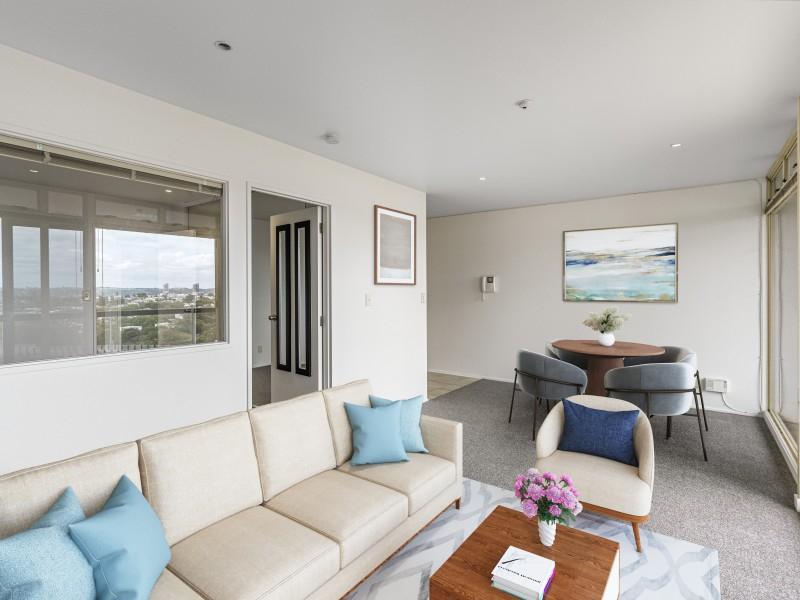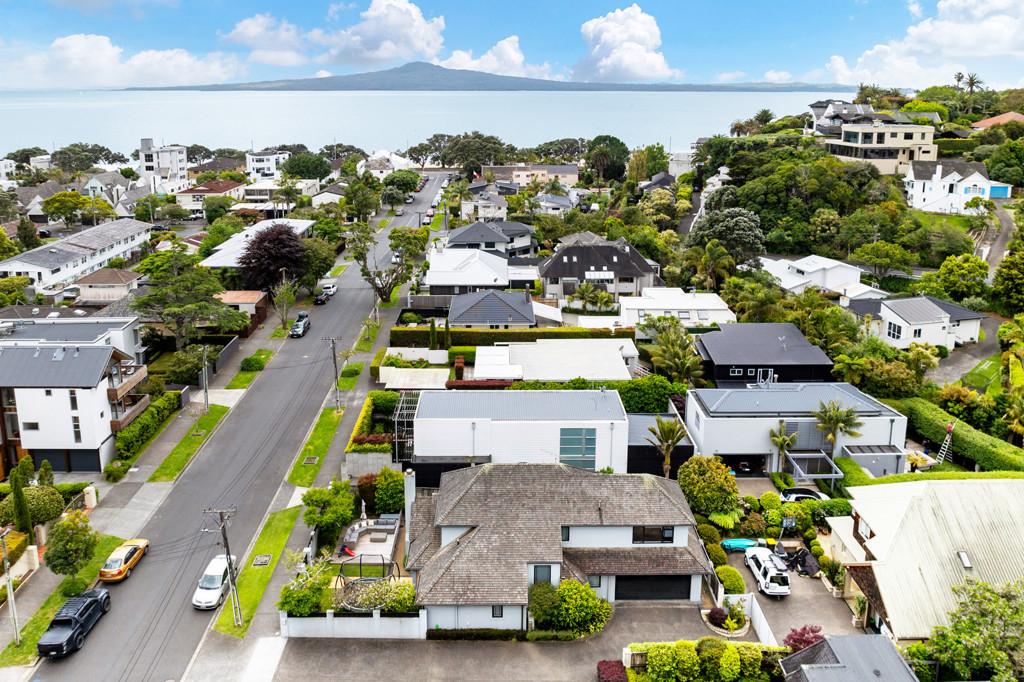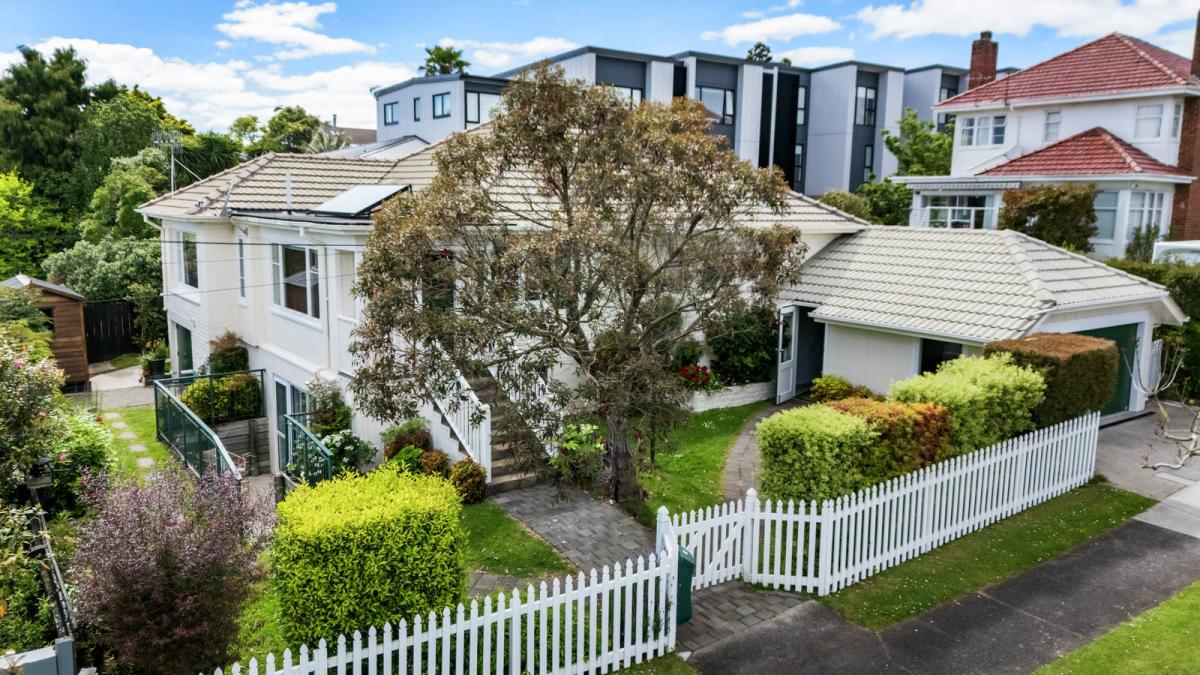How to be a good neighbour
Neighbours in Tamaki's Te Kare neighbourhood build community through regular street working bees.
By the time Andrew Pether and his wife bought their house in the Fenchurch neighbourhood, newly developed by Tamaki Regeneration Company, they’d already gotten the hang of living in close density. Andrew’s wife had grown up in apartments in Europe; he’d done a stint in the UK in terraced housing where space was tight.
But they’ve been surprised and pleased at how close the people on their precinct have become. Most of the residents are new – Andrew only moved in April this year – so he thinks that’s helped create the network.
“We’ve got the Facebook groups going, we feed the cats or put the bins out when people are away,” he says. “We’d lost that for a while, everyone had their fortress and you didn’t bother trying. But because we’re all new together, we’re not suspicious, we get involved.”
Before they bought, the couple had rented for three or four years in the next development over, Wai O Taki Bay, so had enjoyed doing as much locally as they could. They’d sussed out the train station at Glen Innes, their daughter could bus to university or sports and they’ve found they’re using the car less and less – much like their time in London.
“You can’t have the quarter acre dream, but when you get realistic about what you can get for price, area, space and amenities, then it’s a good compromise,” says Andrew, pointing out that kids in the area scooter about and make the most of local parks, including the school grounds of the local college and primary school or there’s a triangle park for smaller kids to play closer to home.
“The number one rule is to compromise,” says Andrew. “Understand that not everyone has a parking space, so you have to be understanding that we’re all a bit tight for space.
“Be aware of the kids on scooters, so you take care, you act accordingly.”
A neighbourhood powhiri a month or so after the family moved to the street, organized by a couple of families, was the ice-breaker everyone needed: people introduced themselves in English, Maori, Tongan, different Indian languages and Filipino and it got the social media groups going.
“Our community is so diverse, you can’t tell which is state housing or not, people respect and appreciate each other and it does make you up your game a bit.
“For all sorts of people, living this close together is not foreign. Kiwis have to up their game a bit. It’s lovely to get out and start walking and doing as much as you can locally.”
On the other side of town, Amanda and her husband Mike have learned that lesson in the nearly three years they’ve been in Hobsonville Point.
Before buying there the couple had lived in another new and dense area, Stonefields, but was also familiar with city living from their time in London.
“For us it’s about helping each other out. That means mail collected, or putting rubbish out, but also being mindful when you’re parking that you’re not taking up too much room,” Amanda says.
Indeed, the family has loved not having to use their car, walking to daycare or the dairy, or to catch the ferry into the city. While Amanda and Mike’s kids are still small, they’ve noticed that the older kids are out playing – everyone seems to know everyone else’s kids – and are looking forward to their children being old enough to meet up on their own at the playgrounds dotted around Hobsonville Point.
The family have not found noise to be an issue, the adjoining walls in the terrace houses are well sound insulated, and they’ve noticed people are very respectful about not playing music too loud, notifying each other if a party is like to disrupt neighbours.
While houses have their own lawns and courtyards, there are also enthusiastic ‘berm days’ for cleaning up shared street areas (with a barbecue to finish) that cements bonds and promote pride in their street.
Amanda says being out on the streets, walking and keeping an eye out, is part of the attraction of dense living, with people keen to be involved in the community. Shopping locally, including the farmers market, but also other business, is another way of locking in a community, she says.
Andrew’s final tip for up-close neighbourly living: “Get involved, be nosy and just enjoy it.”
Article by Catherine Smith
Poll: Do you think NZ should ban social media for youth?
The Australian Prime Minister has expressed plans to ban social media use for children.
This would make it illegal for under 16-year-olds to have accounts on platforms including TikTok, Instagram, Facebook and X.
Social media platforms would be tasked with ensuring children have no access (under-age children and their parents wouldn’t be penalised for breaching the age limit)
.
Do you think NZ should follow suit? Vote in our poll and share your thoughts below.

-
85.6% Yes
-
13.3% No
-
1.1% Other - I'll share below
What's your favourite recipe for courgettes?
Kia ora neighbours. If you've got a family recipe for courgettes, we'd love to see it and maybe publish it in our magazine. Send your recipe to mailbox@nzgardener.co.nz, and if we use it in the mag, you will receive a free copy of our January 2025 issue.

Need Event Medical Cover?
MRI provides modern medical solutions for a wide range of events and industries. From local sporting or community events - to large concerts and major festivals - we can provide tailored and professional medical cover that suits your needs.
Our experienced team of clinicians and operations managers can provide a complete risk assessment of your event and advise you on the most suitable medical expertise to have on site.
Get in touch with the team today at info@mri.nz

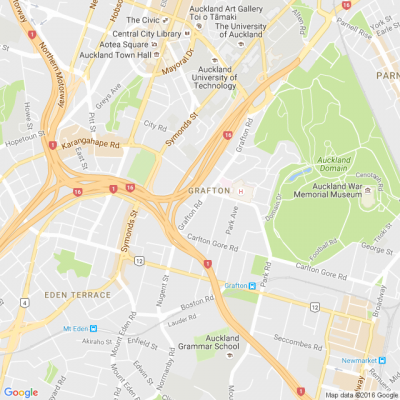
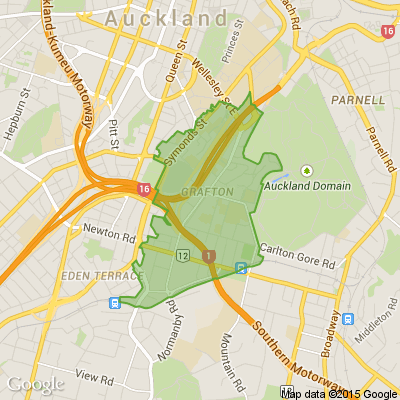




 Loading…
Loading…